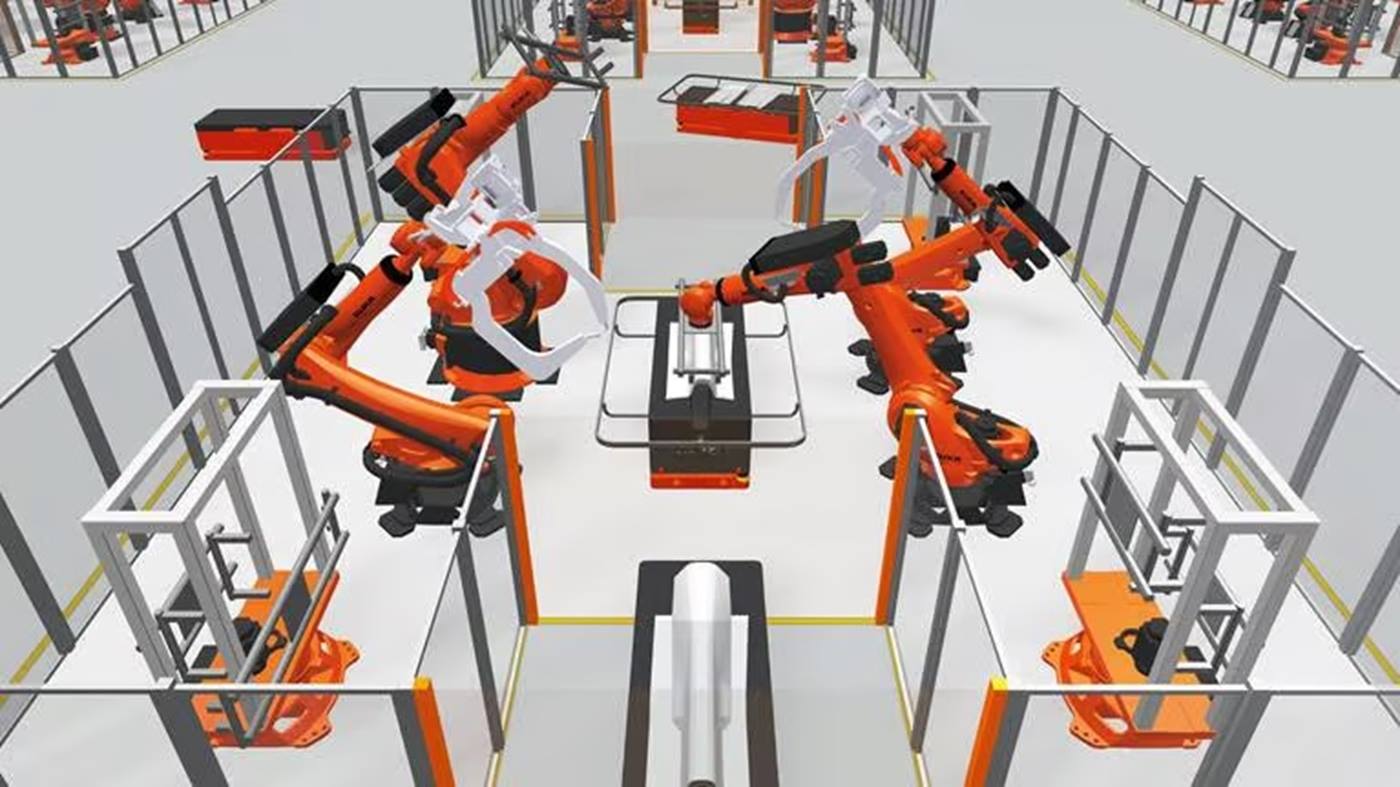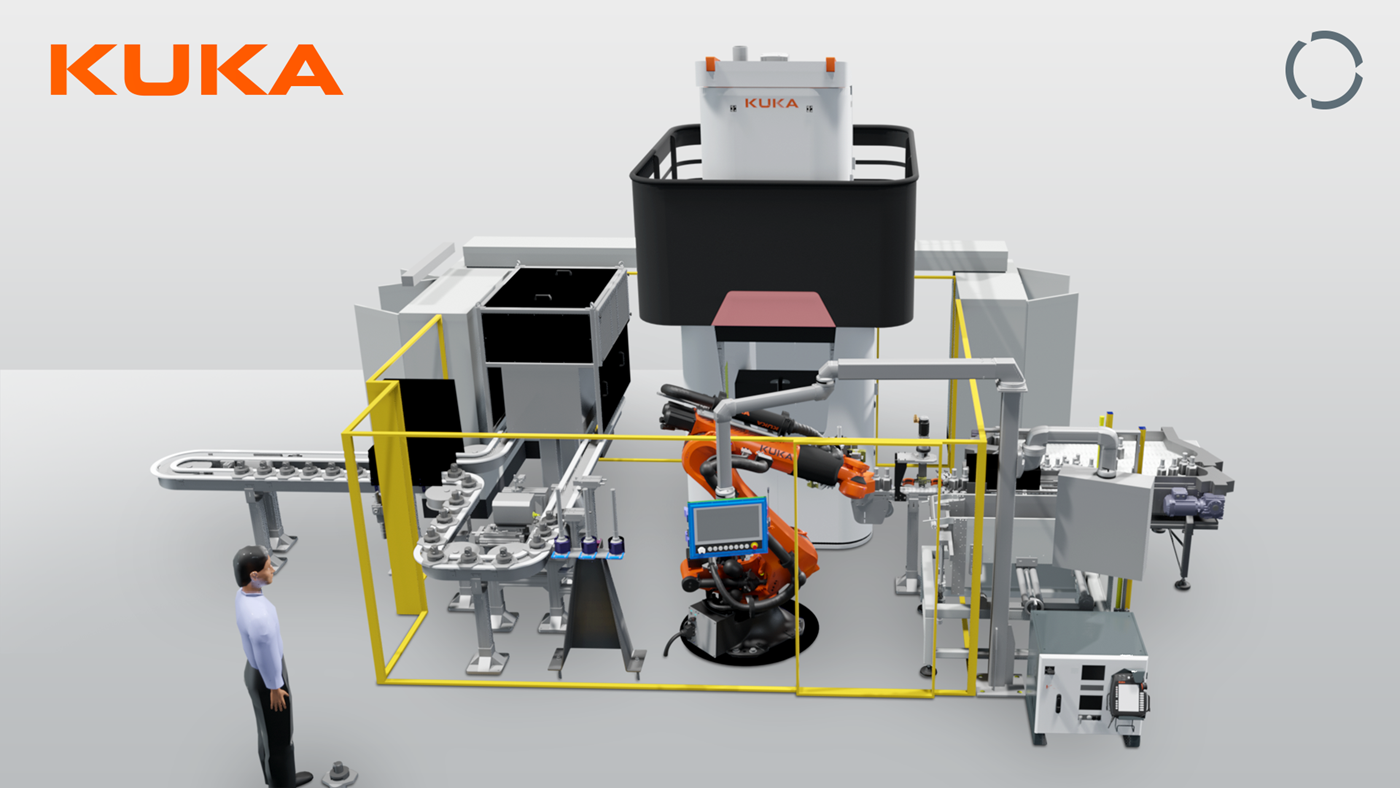
Three questions for Prof. Dr. Elisabeth André
As holder of the Chair of Human-Centred Artificial Intelligence at the University of Augsburg, Prof. Dr Elisabeth André deals with topics such as "Intelligent User Interfaces" and "Social Computing". In this interview, the top researcher explains what makes artificial intelligence so special and what impact AI will have on our lives in the future.
Reading Time: 2 min.
Elisabeth André: Artificial intelligence has made considerable progress in some areas, such as medical image processing, and even surpasses humans. However, comprehensive general artificial intelligence is still largely out of reach and is also being questioned by some researchers. Recent developments such as the Open X-Embodiment Dataset and RT-X Model are at least endeavouring to lay the foundations for universal robotics.

2. What distinguishes artificial intelligence from human intelligence?
EA: Unlike machines, humans are able to learn with just a few examples. So-called machine learning methods, on the other hand, are still in their infancy. In addition, the human brain is characterised by a high level of energy efficiency in contrast to current machine learning methods. Whether a machine can also gain physical experience and learn from it is also the subject of heated debate.
3. How is AI changing our lives?
EA: In future, even people without technical expertise will be able to adapt robots to their individual needs and requirements - not through complex programming, but through human-orientated, multimodal instructions or simply by demonstration - similar to how you would explain it to another person. For example, people could teach robots to carry out specific tasks in their everyday lives.

Next article












